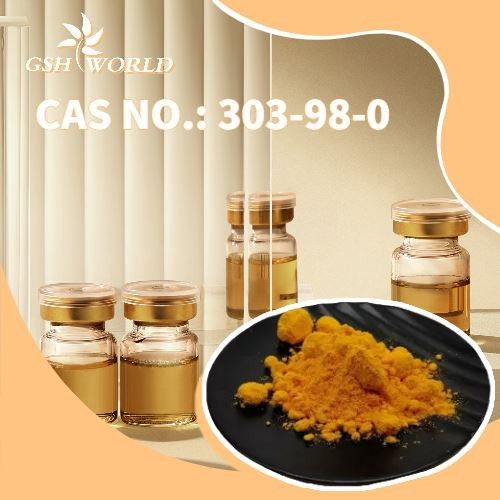Coenzyme Q10 (CoQ10) is a naturally occurring fat soluble antioxidant widely distributed in animals and humans, first discovered in 1940. Coenzyme Q10, also known as ubiquinone, is one of the important elements of human life.
Characteristics and efficacy of coenzyme Q10
Coenzyme Q10 is a coenzyme of the mitochondrial enzyme complex in human cells, and is an important participant in cellular energy metabolism. Coenzyme Q10 can be synthesized from tyrosine in the human body and can also be ingested through food.
Coenzyme Q10 can activate human cells and cellular energy nutrients, and has functions such as improving human immunity, enhancing antioxidant capacity, and boosting human vitality.
In the "Catalogue of Health Food Raw Materials Coenzyme Q10" implemented by the State Administration for Market Regulation on March 1, 2021, coenzyme Q10 is approved for only two health functions: antioxidant and immune enhancement.
How to use coenzyme Q10 scientifically?
Although coenzyme Q10 is essential for the human body, a portion of it can be obtained from food. Foods rich in coenzyme Q10 include meat, seafood, nuts, seeds, grains, and more.
Coenzyme Q10 can also be synthesized by the human body, so there is no need to rely on external supplementation, and not everyone needs to supplement Coenzyme Q10.
For patients with certain special diseases, based on the "Chinese Expert Consensus on Clinical Application of Drugs for Improving Myocardial metabolism (2021)" and relevant drug instructions, coenzyme Q10 is suitable for adjuvant therapy in patients with viral myocarditis or chronic heart failure. The oral dosage of the drug is 10mg once, three times a day, taken after meals.
Contraindications for the use of Coenzyme Q10
1. Use with caution in patients with kidney disease, abnormal liver function, and biliary obstruction.
2. Coenzyme Q10 has a slight hypoglycemic effect, so it should be used with caution in patients taking hypoglycemic drugs, and blood sugar monitoring should also be monitored.
3. Coenzyme Q10 can affect platelet and coagulation function and cannot be used together with aspirin and warfarin.
4. Children, lactating women, pregnant women, and individuals with allergies are prohibited from using it.






